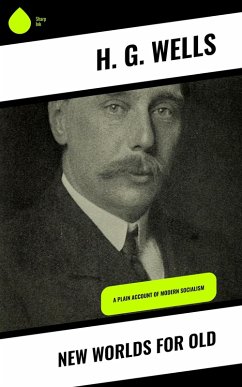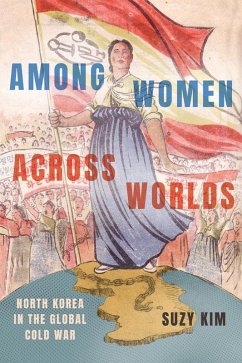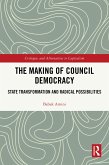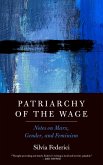In 'New Worlds for Old,' H. G. Wells deftly interweaves utopian ideals with the pragmatism of early 20th-century sociopolitical thought. This collection of essays and imaginative sketches explores the potential for societal transformation through technology, education, and social reform. Wells adopts a visionary tone, navigating themes of progress and human evolution while critiquing contemporary societal structures. The literary style is characterized by a blend of speculative fiction and incisive social commentary, reflecting the optimism of the Edwardian period while questioning the status quo. H. G. Wells, often regarded as the father of science fiction, was a fervent advocate for social change, influenced by the tumultuous socio-economic environment of his time. His works often reflected a deep concern for the future of humanity, shaped by his background in science and history. Wells' experiences, including his education in the late Victorian era and engagement with progressive political movements, fueled his exploration of alternative social paradigms, making 'New Worlds for Old' a poignant reflection of his intellectual journey. Readers interested in the intersections of sociology, utopian literature, and technological advancement will find 'New Worlds for Old' to be an indispensable work. It invites contemplation on our roles as architects of the future, emphasizing the importance of visionary thinking in addressing contemporary challenges. Wells' prophetic insights continue to resonate today, making this book a compelling read for anyone interested in the evolution of societal ideals.
Dieser Download kann aus rechtlichen Gründen nur mit Rechnungsadresse in A, B, BG, CY, CZ, D, DK, EW, FIN, F, GR, HR, H, IRL, I, LT, L, LR, M, NL, PL, P, R, S, SLO, SK ausgeliefert werden.









